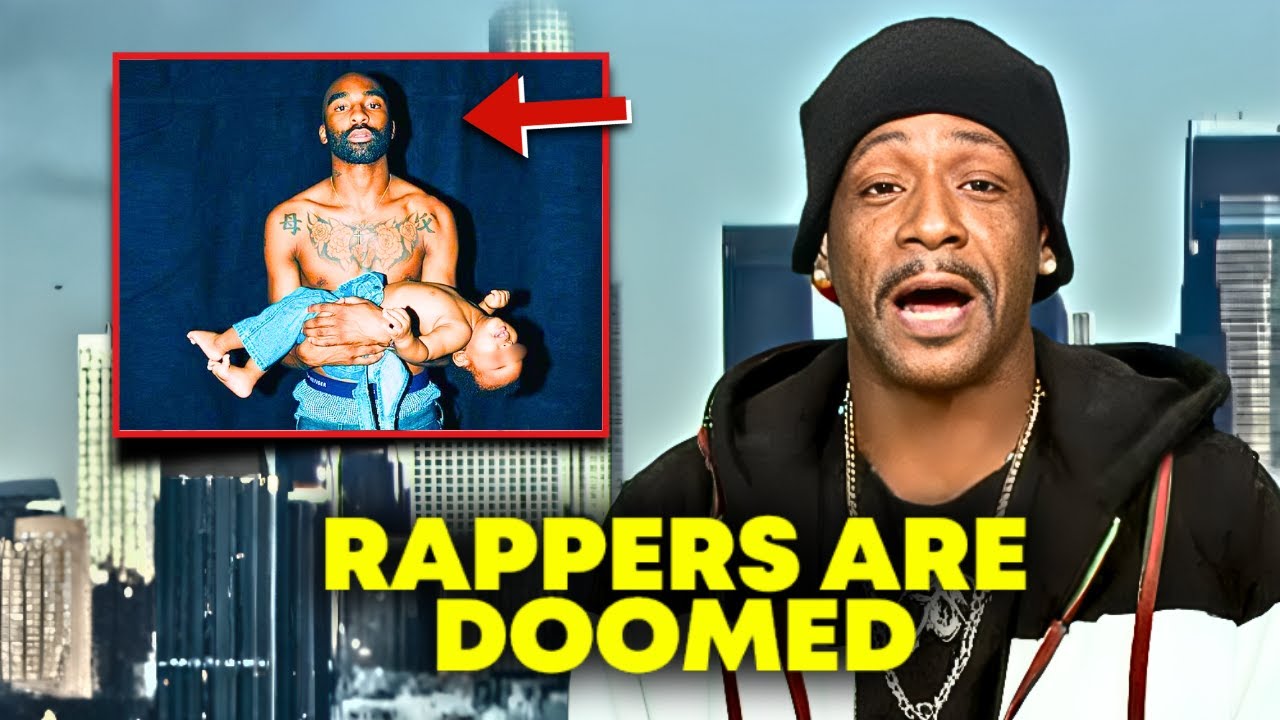Rapper Ricky Rick’s Tragic End: A Wake-Up Call for the Music Industry
In a shocking turn of events, South African rapper Ricky Rick, born Ricardo Makado, has reportedly died in his studio in Johannesburg, leaving fans and the music community reeling. The 34-year-old artist, known for his trailblazing spirit and advocacy for mental health, had previously expressed feelings of despair and the pressures of the music industry, making his untimely death all the more haunting.

Ricky Rick’s rise to fame was meteoric; he was celebrated for his originality, fashion sense, and commitment to uplifting the youth of South Africa. He famously stated, “I always said my first album will be my last album because I didn’t expect to make it past 25.” Tragically, those words now resonate with an eerie finality. As tributes pour in, many fans are left questioning the circumstances surrounding his death. While his family has not officially confirmed the nature of his passing, speculation runs rampant about the darker side of the music industry and the pressures that artists face.
This incident brings to mind the prophetic words of comedian Katt Williams, who warned that in the entertainment industry, artists don’t just die—they are often eliminated, silenced, or pushed to the brink. Williams’ commentary, once dismissed as conspiracy, now feels alarmingly prescient in light of Ricky’s tragic fate. The music business, known for its cutthroat tactics, often profits from the demise of its artists, leaving families to grapple with loss while labels cash in on posthumous streams and merchandise sales.
Ricky Rick was not your average rapper; he was a beacon of hope and positivity, advocating for self-love and independent artistry. He founded Cotton Club Records and sought to empower other musicians, a move that often puts artists at odds with the very industry that nurtures them. Ricky’s commitment to authenticity and his outspoken nature about mental health and systemic issues highlighted the struggles many artists face, particularly in an industry that thrives on exploitation.
The rapper’s passing has sparked a renewed conversation about mental health in the music industry, particularly among young black artists who often feel the weight of societal expectations and industry pressures. Ricky’s message was clear: success should not come at the cost of one’s well-being. He aimed to inspire the next generation to pursue their dreams, regardless of their circumstances. However, the harsh reality is that the industry can be unforgiving, often prioritizing profit over the artists’ mental health and personal struggles.
As fans mourn the loss of a visionary artist, questions loom about the systemic issues that may have contributed to his despair. Katt Williams’ warnings echo in the minds of many: when an artist dies, someone stands to gain financially. The pattern is undeniable—rising stars often meet tragic ends, leaving behind a legacy that labels exploit for profit. It raises a critical question: is the music industry designed to break down its artists instead of supporting them?
While there is no evidence to suggest foul play in Ricky’s case, the timing of his death and the circumstances surrounding it have ignited a firestorm of debate. The music industry must confront its practices and consider the toll it takes on the artists it claims to support. Ricky Rick’s story serves as a stark reminder of the fragility of life in the spotlight and the urgent need for change within an industry that often prioritizes profit over people.
As we reflect on Ricky Rick’s legacy, let us not forget the lessons he imparted. His message of empowerment, self-love, and resilience must continue to resonate, urging both fans and industry leaders to advocate for mental health and support artists in their journeys. The tragic loss of Ricky Rick is not just a moment of mourning; it is a call to action for the music industry to reevaluate its values and practices before more lives are lost.






